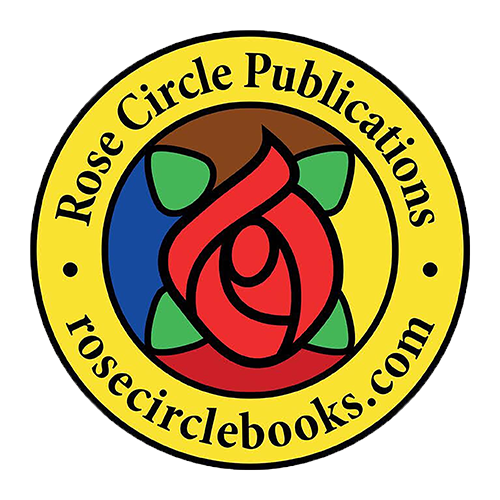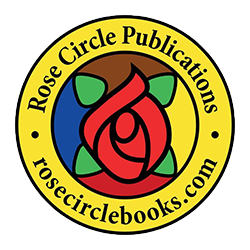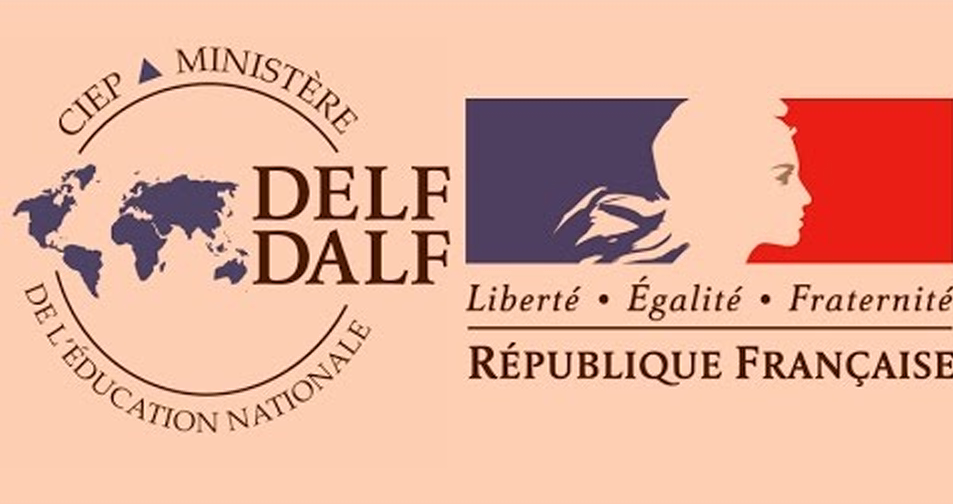Relearning How to Speak French
So, I’ve decided to relearn French.
When I say relearn French, I mean relearning how to understand the spoken word and to speak more fluently. Bear in mind that the acquisition of any language requires four distinct skills:
I’ve never lost my ability to read French. But that helps little with the other skills, mainly because the spoken language is usually quite different to the written one – particularly in French, and especially when the books I read are two hundred and fifty years old!
It’s definitely a lost skill. Twenty-five years ago, my spoken French was quite good. Indeed, I spent a couple of months in Paris in my late teens pursuing a TEFL diploma; and following my MBA I was actually interviewed for a job with SITA in Paris. But twenty-five years in the United States, with little opportunity to practice, and the language muscle begins to wither.
My French education at school was simply awful. For most of my educational experience it was taught like Latin – that is to say, as a ‘dead’ language. There was far more focus on grammar and reciting verb tables by rote than actually stringing together useful sentences; and verbal French was strictly kept to a minimum. After all, who’d actually want or need to use this frightful language we were being taught? Things improved slightly on going to Brighton College at the age of 13, where the language teacher was at least French. But he had lost the will to teach many school years earlier, and apart from a halfhearted suggestion that we subscribe to Paris Match, French was still a ‘dead’ language. It only began to come alive with the advent of a new teacher who was actually enthusiastic (well, he was young), and he soon had us speaking the language (I remember how we initially giggled at the idea of actually speaking to one another in French for the first time), and reading interesting books like Les Mains Sales by Jean-Paul Sartre, La Peste by Albert Camus, and Le Grand Meaulnes by Alain-Fournier.
Alas, my new-found interest was short-lived. Having taken my ‘O’ level in French a year early (at the age of 15) I took French with Literature O Level at 16 (incidentally, it was quite possible to get an ‘A’ in French in the 1970s without speaking a word of the language!), and there ended my French education. I was studying the Sciences (Biology, Chemistry and Geology) for A levels for the next two years, and French didn’t feature in my plans. Nevertheless, I still read Paris Match, and my two months living in Paris doing my diploma forced me to continue to use it.
Incidentally, my old College has come a long way since then. It has one of the highest exam success rates in England; and a few years ago they introduced compulsory Mandarin Chinese for all students! I bet they don’t treat that like a dead language!
Following another lean period following University, when I decided to pursue an MBA I majored in Business French, and after that was as fluent as I have ever been, which led to the job interview in France (which I didn’t get, since I apparently tended to confuse formal business French with Argot, or slang!). Still, frequent trips to France and my esoteric contacts there helped me to keep my French in relatively good shape.
Then I moved to the United States, and my French took a tumble. The only skill I really maintained was reading, since I used to buy so many Masonic and esoteric books on my trips to France, and they sat on my bookshelves glaring at me, daring me to read them…
So why this sudden resurgence of interest?
I have my sprained wrists to blame, really. Being unable to write, I tried to find something else to do to occupy by brain. Riffling through my iPhone screens, I found a number of Language Apps which had languished there, gathering dust in some forgotten corner (screen 10, I believe). So, I kicked off with Duolingo. From scratch, since I was by now a ‘faux débutant,’ or false beginner: I had forgotten more grammar than I could remember. On the other hand, it meant that my French should come back rather more quickly than a complete beginner. Still, I was disappointed at how many linguistic nuances I had completely forgotten. Then I found that I had an unused year subscription to Rosetta Stone. Not so good, really, but at least the lessons provided rote practice.
The problem was, as an Anglo-Saxon it’s hard to learn something just for the sake of it. We crave exams and pieces of paper telling us how clever we are (aka certificates!). I also decided to do my studies online. I had looked at the classes at the Institut Français, and as well as the serious price commitment, noted that the Application Form didn’t give an option for ‘retired’! No, you had to be a schoolkid, working man or woman, or unemployed. No room for the ‘wrinklies’ at the back of the classroom!
The first thing I did to set a challenge was to ring a Past Master of the Loge l’Union Française No. 17 in the Grand Lodge of New York, volunteering to give a talk, in French with Q&As, in the Spring of 2022. There! That did it! Now I was committed. But how to progress between now and then?
That’s when I discovered DELF/DALF. Offered by the French Government, they comprise six levels of expertise, from A1 and A2 (elementary) and B1 and B2 (intermediate) to C1 and C2 (advanced). Generally speaking, B1 is required to be able to live in France; while B2 or C1 is required to attend University (indeed, many French people aren’t at the C1 or C2 level). They provide practical examinations which aren’t academic but make sure you can really survive in the country. And they provide a Certificate – which lasts of life!
Perfect!
So now I’m studying for B1, intending to take the exam in June. Immediately afterwards I will start on B2. It is already giving me a great deal of pleasure, and I can already see my comprehension and confidence going up. And I can’t wait to show off my new-found – or resurrected – skills to my French friends once we can travel once again! I’ll let you know how I do.



No Comments